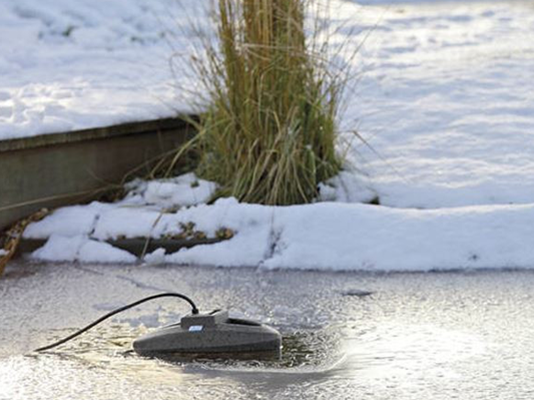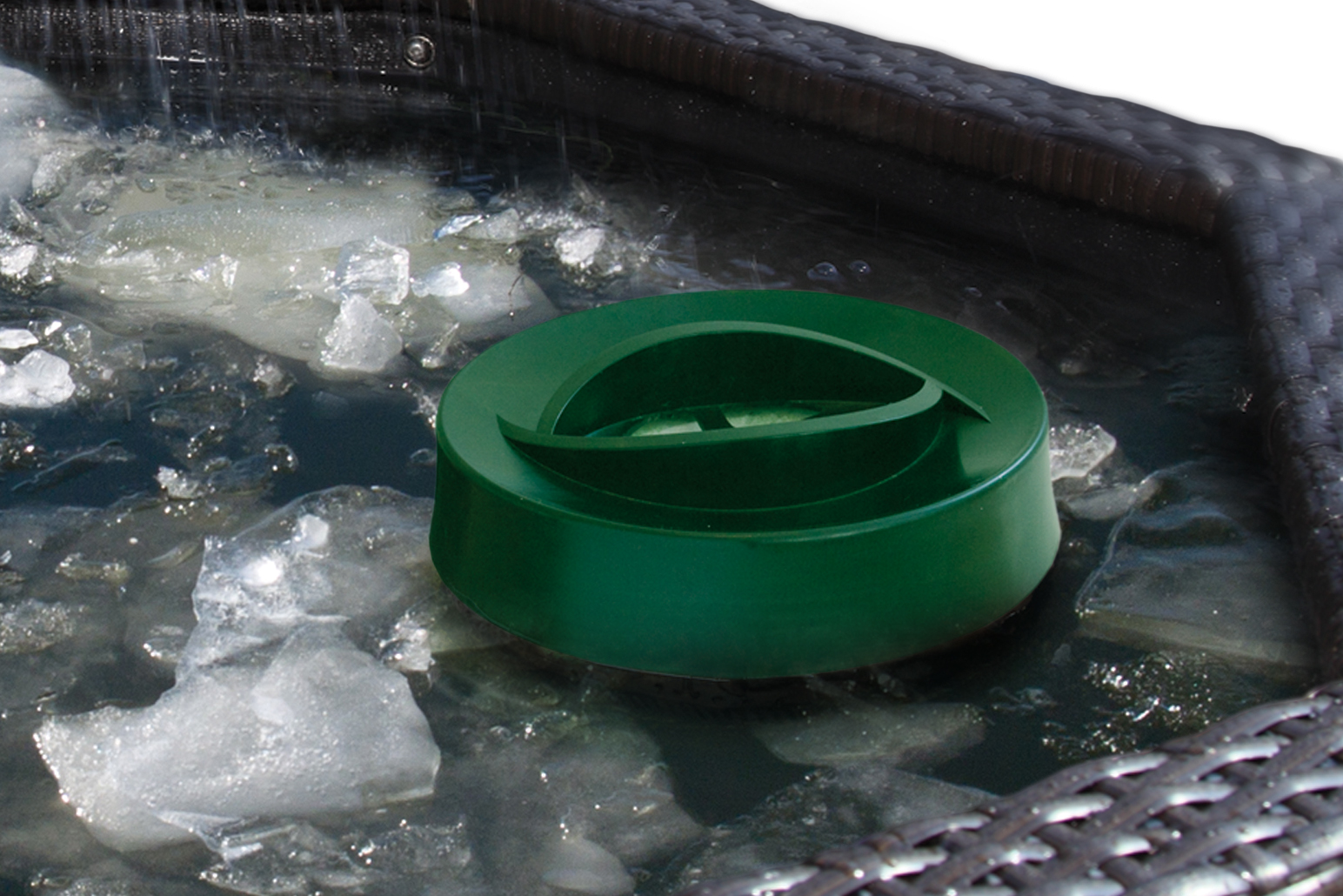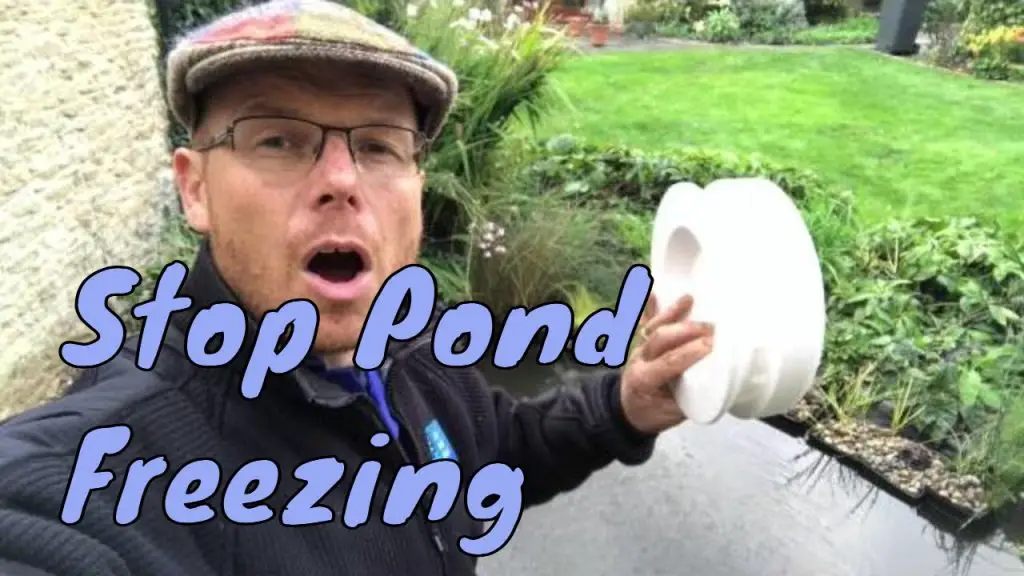During the colder months, ponds can freeze over, posing a threat to aquatic life. It’s crucial to take preventive measures to ensure the pond remains ice-free. Here are some effective ways to keep your pond from freezing:
1. Pond De-Icer
Invest in a pond de-icer to prevent the surface of the water from freezing. These devices are designed to keep a small area of the pond ice-free, allowing gases to escape and oxygen to enter the water.
2. Aeration System
Installing an aeration system can help keep the pond from freezing by circulating the water and preventing ice formation. This also helps maintain oxygen levels for fish and other aquatic organisms.
3. Pond Heater
Consider using a pond heater to keep the water temperature above freezing. These heaters are especially useful in larger ponds where a de-icer may not be sufficient to prevent freezing.
4. Insulation
Insulate the pond with materials such as pond netting, straw, or foam board to help retain heat and prevent the water from freezing. Be sure to cover the surface of the pond completely for maximum effectiveness.
5. Floating Ball
Place a floating ball on the surface of the pond. As the ball moves with the wind, it helps disrupt ice formation, preventing a complete freeze-over.

Credit: www.swelluk.com
6. Regularly Remove Snow
Keep the surface of the pond clear of snow to allow sunlight to penetrate the water and provide some warmth. Snow can act as an insulator, trapping cold air and accelerating freezing.
7. Keep Fish Healthy
Ensure your fish are healthy leading up to the colder months. Healthy fish are better equipped to survive in colder water temperatures and can withstand freezing conditions more effectively.
8. Monitor Water Temperature
Regularly check the water temperature in the pond. If the temperature is dropping rapidly, consider implementing additional measures to prevent freezing and protect aquatic life.

Credit: pondaquariumproblemsolver.co.uk
9. Create a Shelter
Build a shelter or cover for the pond to provide some protection from the cold. This can help retain heat and prevent the water from freezing completely.
10. Use a Pond Cover
Consider using a pond cover specifically designed to prevent freezing. These covers can insulate the water and protect it from extreme cold temperatures.
By following these tips and taking proactive measures, you can effectively keep your pond from freezing over during the winter months. Remember to regularly monitor the pond and make adjustments as needed to ensure the safety and well-being of your aquatic life.




